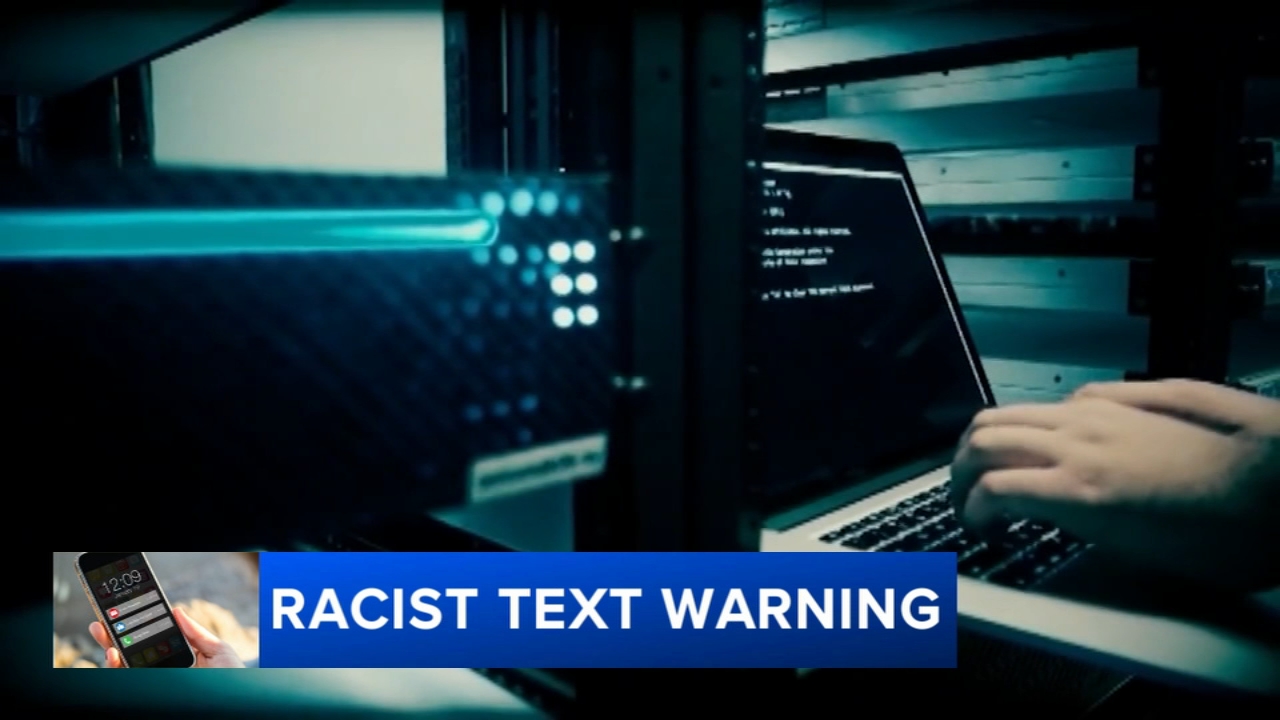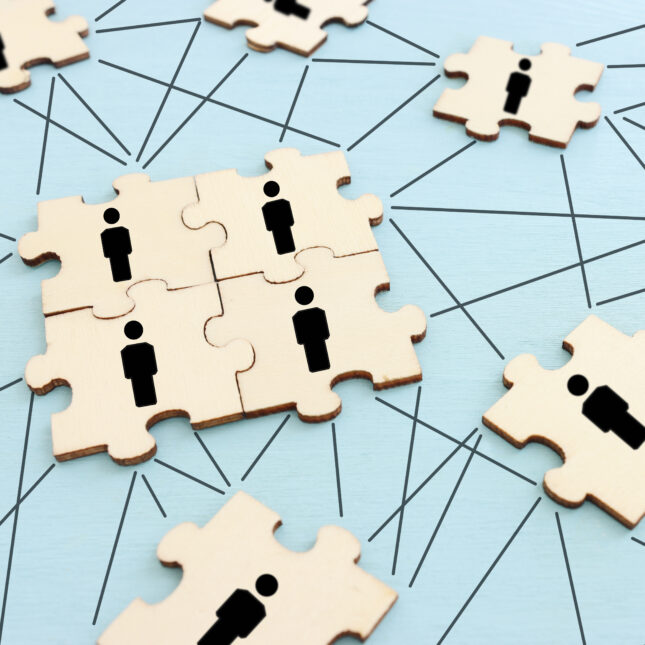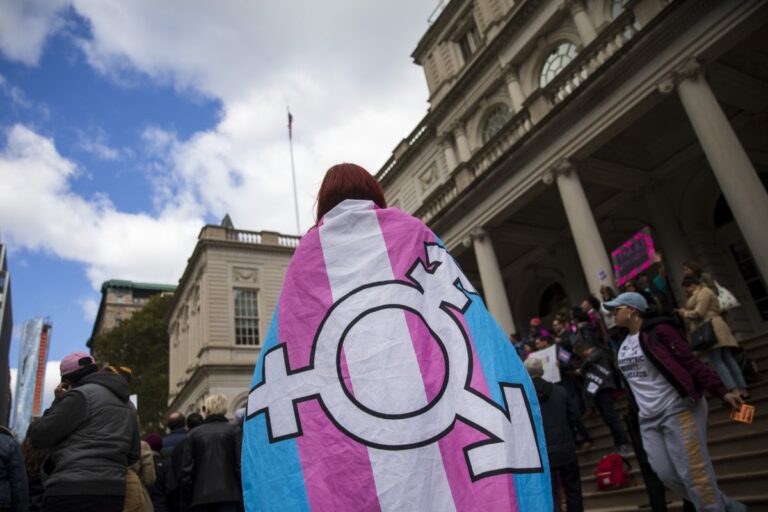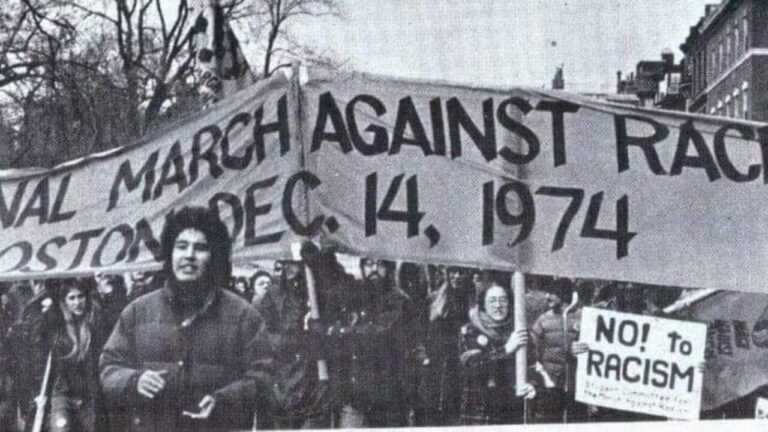Racist Text Messages Spark Investigation in Philadelphia Region
Racist Text Messages Cause Stir in Philadelphia
In recent weeks, the Philadelphia region has been caught up in a wave of outrage after a series of racist text messages made their way into the public eye. These messages, which make references to slavery and other derogatory themes, have sparked an investigation that calls into question the cultural and social fabric of the community. Let’s dive into the details of this alarming situation and unpack the implications of these actions.
What Happened?
It all started when individuals within the region received these deeply disturbing text messages. I mean, it’s one thing to hear about racism in the news, but when it hits close to home—literally—it sets off alarm bells. It was reported that the messages contained not just offensive language but also references that harkened back to the painful history of slavery in the United States. Shockingly, these messages were seemingly sent as a joke, demonstrating a gross misunderstanding—or perhaps a complete disregard—of the gravity of racial issues that continue to plague society.
What caused these messages to surface? Sadly, it’s not so surprising. The digital age has made it all too easy for individuals to express themselves without facing immediate consequences. It’s like a confession booth without any walls—everyone’s got a smartphone, and with it comes the freedom to say whatever you want, even when it’s completely out of line.
A Call to Action
As news about the racist text messages spread, a wave of community outrage unfolded. Residents took to social media, utilizing hashtags and pictures to voice their discontent and disbelief. Activists, local leaders, and citizens alike united under the banner of anti-racism, demanding accountability from those who perpetuate such hateful sentiments.
Here’s a thought: what if we just started treating people like human beings? It’s astounding how often we overlook basic decency in allowing ignorance to take the wheel. People like you and me share this space, so why don’t we start acting like it?
Investigating the Broad Impact
The investigation initiated by law enforcement agencies is both necessary and urgent. Officials are not only looking to identify the culprits behind these messages but also to understand the broader implications of such behavior.
Why is this Investigation Important?
Racist acts, even ones tucked neatly behind a screen, have a ripple effect. They reinforce stereotypes, perpetuate division, and create an environment where hate can flourish. One might wonder, “Isn’t it just a message? How harmful can it be?” Unfortunately, these messages can lead to real-world consequences, including inciting violence or fostering a culture of intolerance.
The Role of Technology
Let’s face it: technology is a double-edged sword. On one hand, it connects us and brings awareness to societal issues; on the other, it can also be a breeding ground for hate. The anonymity provided by texting and social media has led to an explosion of hate speech. For many, it offers a barrier that protects them from the repercussions of their horrible choices.
It’s essential to remember that the consequences of racism extend far beyond individual actions. When communities remain silent, it allows prejudice to become normalized. Using technology as a tool for good—sharing experiences, opening dialogues—can lead to greater understanding, healing, and ultimately, change.
What Happens Next?
As this investigation unfolds, many are left wondering what steps will be taken to counteract the hateful rhetoric that has seeped into the fabric of daily life. Here’s where we pivot towards action. Very much like a game plan in sports, community engagement is needed now more than ever.
How Can Communities Mobilize?
If you’re asking yourself what you can do to help combat racism and support your community, you’re already ahead of the curve. Here are some tangible steps:
-
Educate Yourself and Others: Knowledge is power. Take the time to read, reflect, and discuss issues surrounding race and culture. Share your insights with friends or family.
-
Support Local Organizations: Many grassroots organizations are dedicated to eradicating racism. Contributing your time or resources can amplify their efforts.
-
Start Conversations: This doesn’t always have to be a big event. It can be as simple as bringing up the topic at a dinner table or among friends. Challenge racial stereotypes and call out hate when you see it.
-
Advocate for Policy Changes: Reach out to local leaders and demand policies that promote inclusivity and accountability for racist actions. The power of the pen—or the keyboard—should not be underestimated.
-
Use Your Voice: Engage on social media, attend community meetings, or write to local newspapers. Advocacy doesn’t have to be grand; even small steps can create a ripple effect that brings about change.
Confronting Systemic Racism
An important part of tackling these issues involves understanding systemic racism. While individual racist acts are harmful, they are often symptoms of a much larger problem. This moment is a reminder that we must look beyond the individual and start addressing the systems that allow such ideologies to flourish in the first place.
The Bigger Picture
Systemic racism manifests itself through institutions, policies, and cultural norms that disadvantage certain groups. It’s intertwined with socio-economic disparities, access to education, and even healthcare.
Recognizing its existence is a vital first step, but acknowledging it is not enough. We need to take action; advocating for change in policies that perpetuate inequality is imperative. Understanding local history, cultural narratives, and political contexts can guide this journey.
Concluding Thoughts
The emergence of these racist text messages in the Philadelphia region serves as a wake-up call—both for those who sent the messages and for the community at large. It forces us to confront the uncomfortable truths about racism and challenges us to engage in conversations that might otherwise remain buried.
In the end, it’s about fostering a culture of respect, understanding, and empathy. Each of us holds the power to influence change. Whether it’s through conversations, advocacy, or education, every action counts. So let’s band together and ensure that our communities are places of acceptance, love, and unity. The fight against racism is not just a battle for those directly affected; it’s a fight for humanity as a whole.
FAQs
-
What were the details surrounding the text messages?
The text messages contained racist remarks referencing slavery, leading to public outrage and an ongoing investigation. -
How can I get involved in combating racism in my community?
Educating yourself, supporting local anti-racist organizations, and advocating for policy changes are essential ways to get involved. -
Why is addressing systemic racism important?
Systemic racism is embedded in institutions and practices that disadvantage certain groups, making it critical to address it at the roots to foster genuine change.
-
What impact can individual actions have on combating racism?
Individual actions can inspire broader community change, challenge stereotypes, and create dialogues that lead to understanding and acceptance. -
How does technology relate to racism today?
Technology can facilitate hate speech through anonymity, but it can also be a vital tool for activism and raising awareness against racism.







